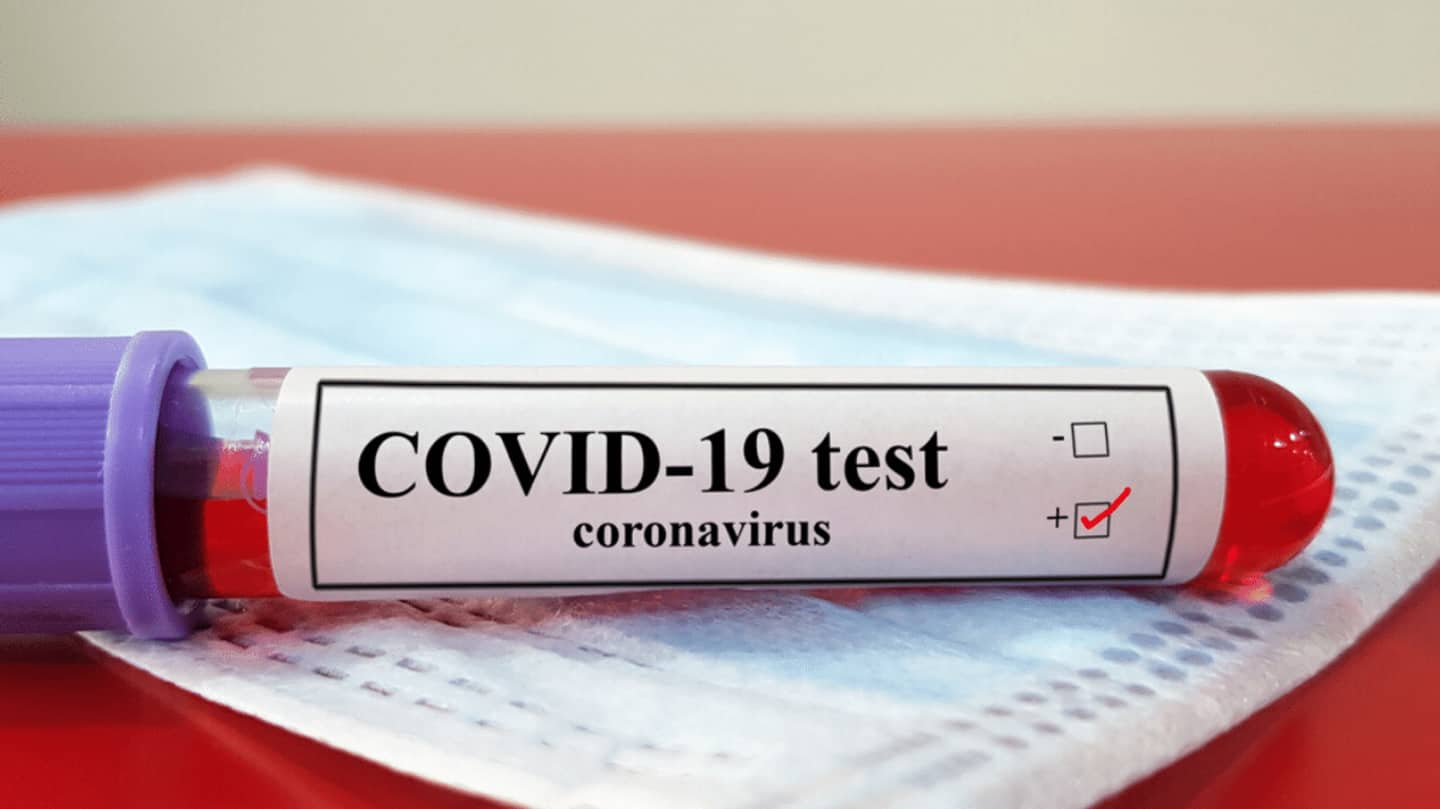
Coronavirus: Testing negative probably isn't the free pass you think
What's the story
Over the past six months, the novel coronavirus pandemic has infected nearly ninety lakh people and killed over 4.6 lakh worldwide.
The virus, called SARS-CoV-2, is new, and what we know about infections and treatment is not absolute, making prevention the best cure.
So what if you have tested negative for COVID-19? Well, it may not be the free pass that you think.
Test
What are the issues with tests for COVID-19?
Ideally, if you test positive for COVID-19, you are infected, and you aren't if you have tested negative.
But since this is a new disease, we still do not know how good our tests are in detecting infections in presymptomatic cases.
There is also the concern of false negatives. For example, Delhi's Health Minister tested negative a day before testing positive, despite showing symptoms.
Data
44% transmission in China due to presymptomatic cases: Study
A study estimates that 44% of COVID-19 transmission came from people in the presymptomatic stage; despite China's aggressive isolation of people who say they feel sick.
A model of seven previously published studies suggested that the chances of a false negative are 100% on the day of exposure, which falls to 38% on day five. The model notably does not address permanently asymptomatic cases.
Significance
Presymptomatic transmission could keep epidemic going silently
This clarifies two things: that timing is key when it comes to testing and we need to remain mindful of presymptomatic cases.
Benjamin Cowling, an epidemiologist at the University of Hong Kong, told The Atlantic, "Even if you manage to stop some of the transmission from going on by doing isolation cases, you still will have this presymptomatic transmission, which keeps the epidemic going."
Experts
What do the experts say?
Speaking to The Atlantic, Steven Woloshin—a co-director of Dartmouth Institute's Center for Medicine and Media—warned against treating a negative COVID-19 test as a free pass to disregard precautions.
Woloshin said a negative test is probably a true negative "if you're at low risk because you live in some remote area, you're practicing social distancing, you always wear a mask, and you feel fine."
Conclusion
Consider recent exposures, symptoms, etc., despite negative test
The United States' Food and Drug Administration states, "Negative results must be considered in the context of an individual's recent exposures, history, presence of clinical signs and symptoms consistent with COVID-19."
Basically, if you have tested negative, but happen to be at risk of infection, going out, visiting elderly relatives or friends, etc., may not be the best idea.